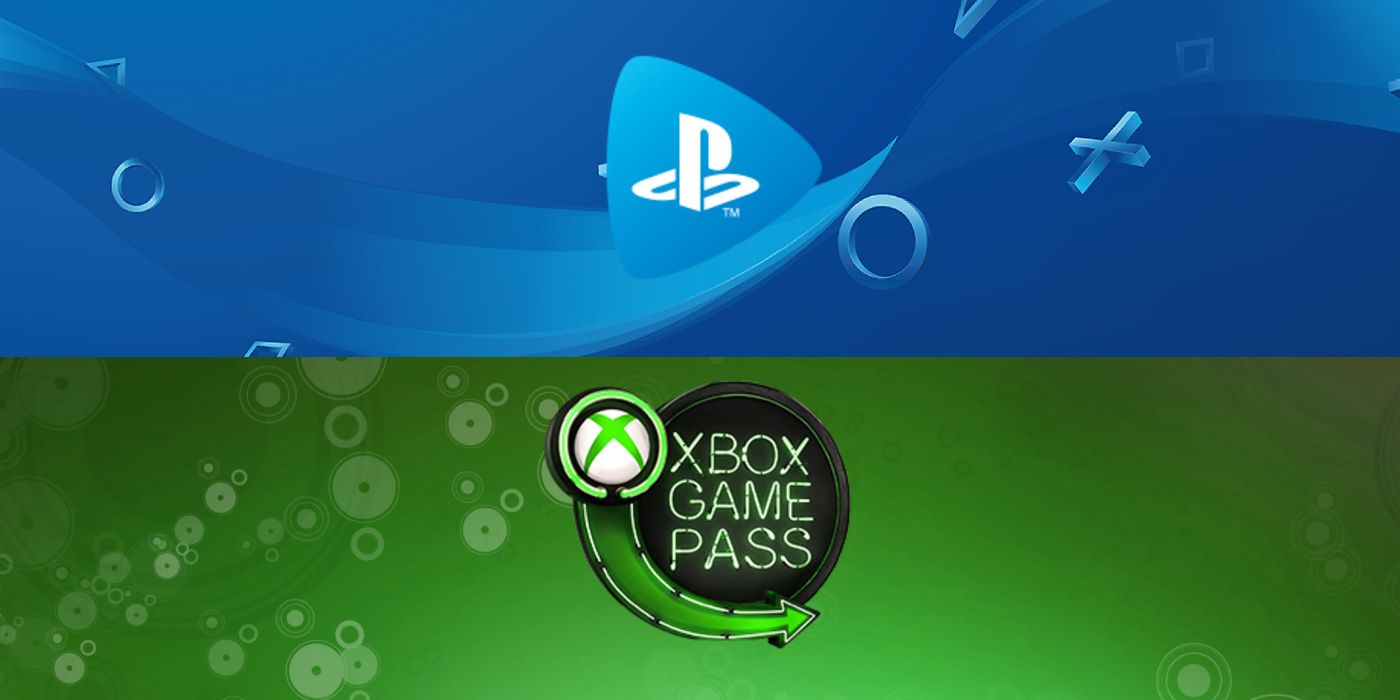Launching in just a few more days, EA Play, a re-branding of the company's Access membership, is the latest subscription service to hit the gaming industry. It joins the likes of Xbox Game Pass, PlayStation Now, and Apple Arcade as a way to stream an impressive library of games at a premium price. The gaming industry could be looking at a shake-up in coming years, similar to the way Netflix forever changed the way people watch television and movies, but will everyone really be streaming their games in the future? Here's a look at why the answer is more complicated than some people might think.
In 2014, PlayStation Now (PS Now) officially launched in open beta on PlayStation devices. It was a video game streaming service completely separate from PS Plus, which gives PlayStation owners access to online features and discounts. To date, the streaming service has a little over 2 million members, but it hasn't really changed the way people play games. New release titles still sell well, both physically and digitally. In fact, the service has plateaued, leading Sony to lower subscription prices and increase their library of games. PS Now is viewed as more of an extra perk to pay for — rather than a replacement service, the way Netflix and Hulu take the place of cable in a lot of homes.
Much like the TV streaming service boom that has occurred recently (Quibi, Disney+, Peacock, and Apple TV+ have all launched since last fall) video game streaming services are popping up everywhere. There's something for everyone: whether it's Apple Arcade, Xbox Game Pass, Ubisoft's Uplay+, or Google Stadia. While some subscription services have been more successful than others, none of them have drastically altered the way people play video games. Yet.
The Future of Video Game Subscriptions
The gaming industry can learn a lot about subscription services by looking at its successes (like PS Now and Xbox Game Pass), but also its failures. Google Stadia, by all accounts, was an incredible flop — as people were either disappointed in the lack of games or upset by its limited features. The company tried to recover by taking a page from PS Now and Xbox Game Pass' books, introducing a much more solid line-up of older games that people could get excited about. New content may sell subscription services, but old content keeps memberships. It's why Netflix, despite having a ton of original content, still reports shows like The Office as being their top performers.
Speaking of new content, that's a feature most gaming subscription services are missing. Creating a new AAA title that's only available on PS Now, for instance, would probably prompt a major outcry, but it would undoubtedly sell subscriptions. Once more services began copying this approach, it would become the new norm. There would still be detractors, the way some cinema buffs still believe Netflix is killing the movie industry, but original AAA content may be what a subscription service needs to finally uproot the gaming industry.
A profound change in the industry is certainly possible, especially if EA Play succeeds. Like Netflix creating a ripple effect that led to Peacock and Hulu and Disney+, larger companies like Square Enix could suddenly decide to open their own subscription services. If that's the case, then ten years from now, there could be dozens of premium memberships that allows players to stream games from a specific developer or publisher.
For now, gaming subscription services like EA Play are mostly viewed as add-ons and not replacements for buying digital or physical copies of games. But Netflix was once viewed as an add-on service as well. It could very well be that the gaming industry is on the cusp of a major shake-up.


